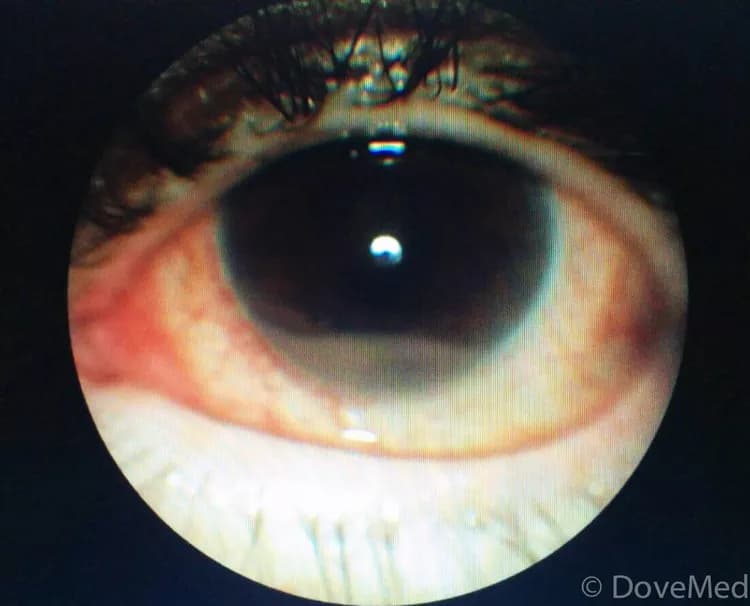What are other Names for this Test? (Equivalent Terms)
- Anticancer Medications Blood Test
- Antineoplastic Medications Blood Test
What is Antineoplastics Blood Test? (Background Information)
- Antineoplastics medications are used primarily to combat cancer. One of the most commonly prescribed antineoplastics is methotrexate
- Antineoplastics medications work by stunting the growth of rapidly growing and dividing cells. Antineoplastics are also used to treat immune disorders such as psoriasis and rheumatoid arthritis
- In cancer cells, antineoplastics interfere with enzymes’ ability to make DNA and RNA. Cells that rapidly divide, such as cancer cells, must make DNA and RNA continuously with each division. This is because they must pass their genetic material to daughter cells. Without this ability, the cancer cells cannot divide
- However, cancer cells are not the only rapidly dividing cells in the body. Cells in the skin, hair, and stomach lining must also constantly renew themselves, because of the harsh conditions to which they are exposed. Methotrexate affects these cells as well, causing adverse side effects
- In immune cells, antineoplastics interfere with proper adhesion and signaling between cells. This leads to the suppression of the immune system. This is desirable in cases where the immune system is malfunctioning, such as in rheumatoid arthritis
- The Antineoplastics Blood Test helps determine the level of antineoplastics in blood. It is used when adjusting the initial dose, and to ensure that antineoplastic levels stay within an acceptable range
What are the Clinical Indications for performing the Antineoplastics Blood Test?
The clinical indications for performing the Antineoplastics Blood Test include monitoring antineoplastic therapy.
How is the Specimen Collected for Antineoplastics Blood Test?
Following is the specimen collection process for Antineoplastics Blood Test:
Sample required: Blood
Process of obtaining blood sample in adults:
- A band is wrapped around the arm, 3-4 inches above the collection site (superficial vein that lies within the elbow pit)
- The site is cleaned with 70% alcohol in an outward spiral, away from the zone of needle insertion
- The needle cap is removed and is held in line with the vein, pulling the skin tight
- With a small and quick thrust, the vein is penetrated using the needle
- The required amount of blood sample is collected by pulling the plunger of the syringe out slowly
- The wrap band is removed, gauze is placed on the collection site, and the needle is removed
- The blood is immediately transferred into the blood container, which has the appropriate preservative/clot activator/anti-coagulant
- The syringe and the needle are disposed into the appropriate “sharp container” for safe and hygienic disposal
Preparation required: No special preparation is needed prior to the test.
What is the Significance of the Antineoplastics Blood Test Result?
The significance of the Antineoplastics Blood Test result is explained:
- A high value for the Antineoplastics Blood Test may indicate antineoplastics toxicity. This is marked by:
- Vomiting
- Elevated blood pressure
- Loss of consciousness
- Seizures
- A low value for the Antineoplastics Blood Test may indicate more antineoplastics are needed to achieve a therapeutic dose
The laboratory test results are NOT to be interpreted as results of a "stand-alone" test. The test results have to be interpreted after correlating with suitable clinical findings and additional supplemental tests/information. Your healthcare providers will explain the meaning of your tests results, based on the overall clinical scenario.
Additional and Relevant Useful Information:
- Methotrexate is a powerful drug that has far-reaching effects on the cells in the body. It is often used only when milder options have been exhausted
- Methotrexate is excreted by the body through the kidneys. Thus, any condition that impairs kidney function will impair the body’s ability to excrete methotrexate
- Leucovorin, thymidine, and glucarpidase (carboxypeptidase) are used as antidotes to methotrexate toxicity
Certain medications that you may be currently taking may influence the outcome of the test. Hence, it is important to inform your healthcare provider of the complete list of medications (including any herbal supplements) you are currently taking. This will help the healthcare provider interpret your test results more accurately and avoid unnecessary chances of a misdiagnosis.
Related Articles
Test Your Knowledge
Asked by users
Related Centers
Related Specialties
Related Physicians
Related Procedures
Related Resources
Join DoveHubs
and connect with fellow professionals


0 Comments
Please log in to post a comment.